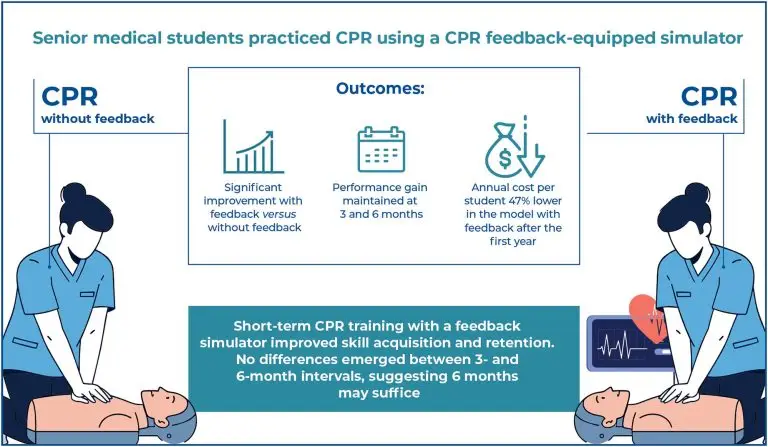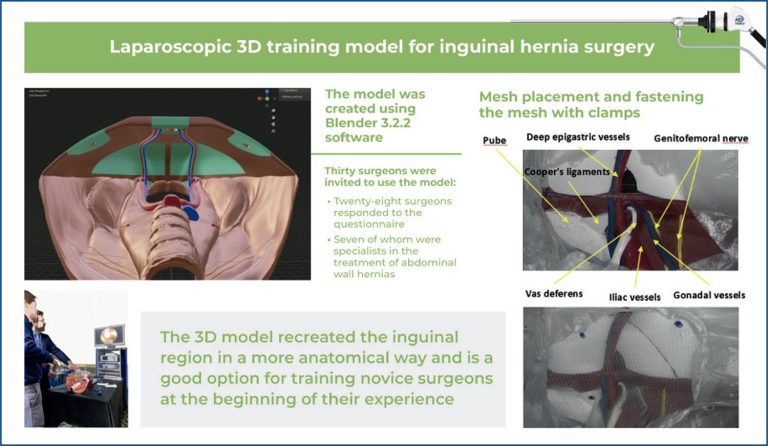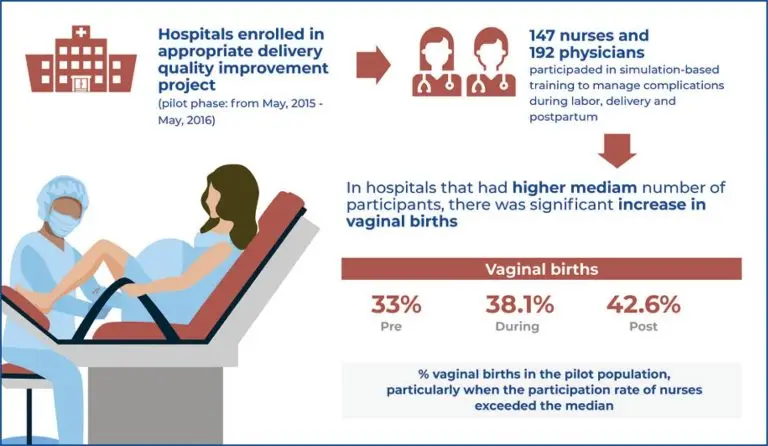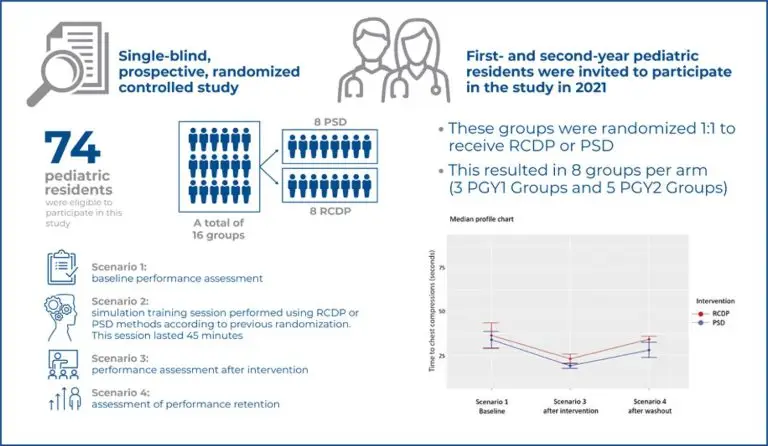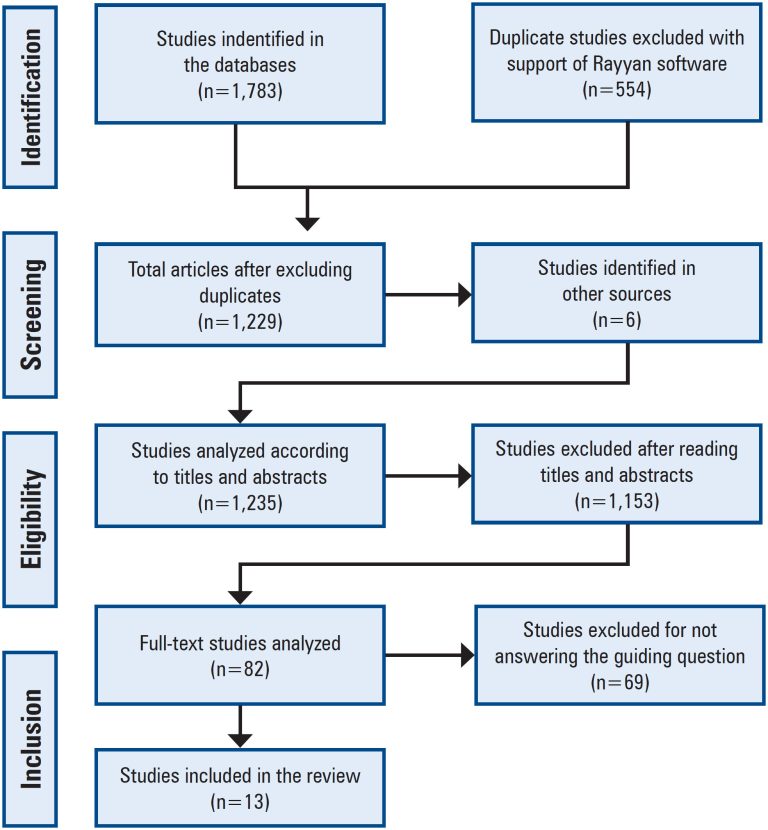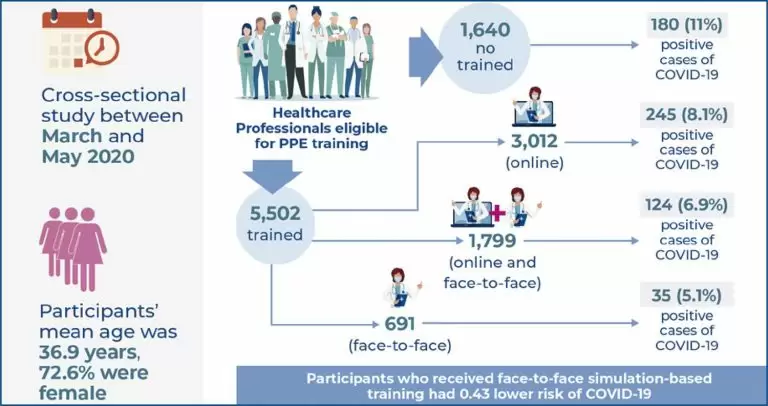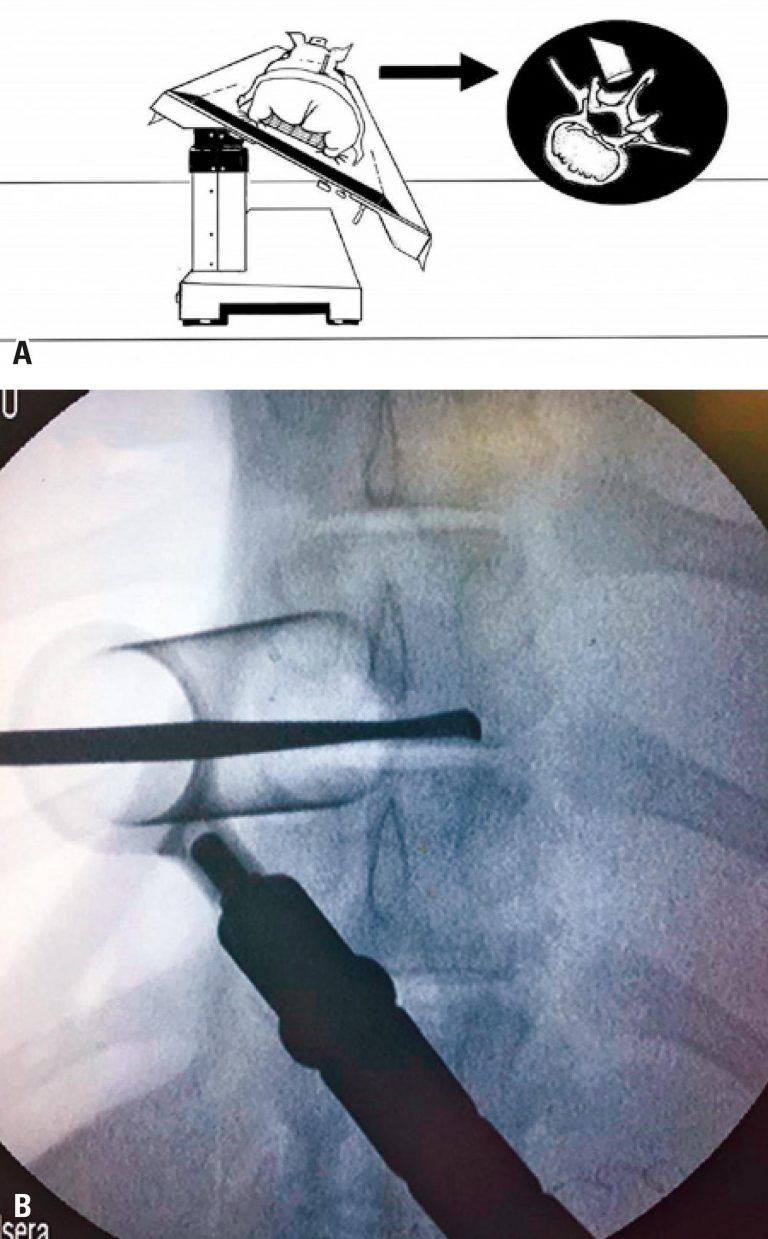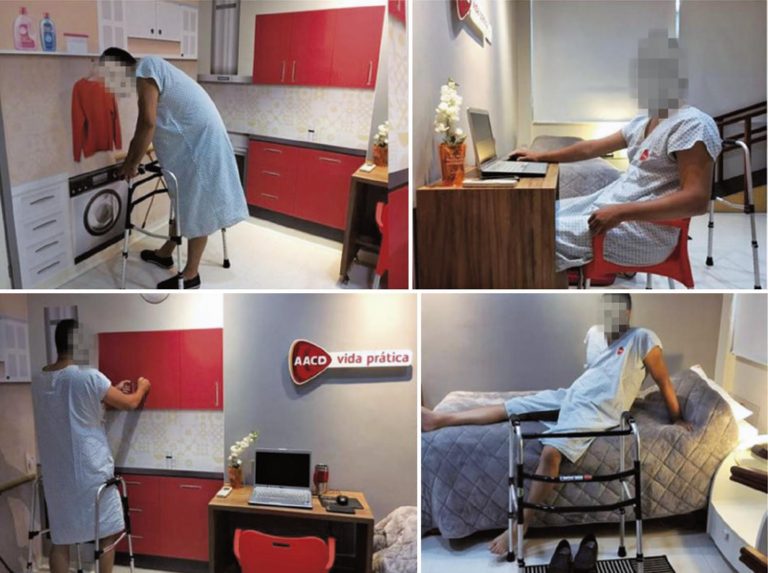03/Oct/2025
Analysis of acquisition and retention of cardiopulmonary resuscitation skills according to training frequency
DOI: 10.31744/einstein_journal/2025AO1257
Highlights ■ All variables that affect the quality of cardiopulmonary resuscitation were analyzed. ■ In addition to performance, we analyzed participants’ confidence. ■ This study considered the cost of training using the traditional methodology versus feedback. ABSTRACT Objective: To analyze cardiopulmonary resuscitation skill acquisition and retention at 3 and 6-month intervals and determine the optimal training frequency and associated costs. Methods: Fifth and sixth-year medical students practiced cardiopulmonary resuscitation using a feedback-equipped simulator. Results: The study included 43 students. Training […]
Keywords: Advanced cardiac life support; Cardiopulmonary resuscitation; Clinical skills; High fidelity simulation training; Simulation training; Simultion training
29/Jul/2024
Hernia 3D training model: a new inguinal hernia 3D-printed simulator
DOI: 10.31744/einstein_journal/2024AO0620
Highlights The model was considered simple, realistic, and capable of precisely simulating inguinal anatomy. Recreating the inguinal region in a more anatomical manner without increasing costs is possible. The model could be a good option, particularly beneficial for training surgeons at the beginning of their careers. ABSTRACT Objective: To evaluate the functionality and quality of the anatomical representation of the hernia 3D training model. Methods: A model was created based on subtraction data derived from computed tomography scans of the […]
Keywords: Hernia, inguinal; Minimally invasive surgical procedures; Printing, three-dimensional; Simulation training
18/Jul/2024
Appropriate Delivery Project: Impact of Simulation Training on the Increase in Vaginal Births in Hospitals in Brazil
DOI: 10.31744/einstein_journal/2024AO0783
Highlights Simulation-based training is a valuable strategy for achieving positive changes in obstetric practice. The rate of vaginal births increased after the intervention. The findings underscore the potential advantages of incorporating simulation training into quality improvement initiatives. Higher training adoption rates correlated with substantial and sustained enhancements in vaginal birth rates. ABSTRACT Objective: This study aimed to analyze the relationship between the participation of professionals in simulation-based training and an increase in the rate of vaginal deliveries. Methods: This retrospective […]
Keywords: Brazil; Cesarean section; Delivery, obstetric; Simulation training
18/Jul/2024
Rapid cycle deliberate practice versus postsimulation debriefing in pediatric cardiopulmonary resuscitation training:a randomized controlled study
einstein (São Paulo). 18/Jul/2024;22:eAO0825.
View Article18/Jul/2024
Rapid cycle deliberate practice versus postsimulation debriefing in pediatric cardiopulmonary resuscitation training:a randomized controlled study
DOI: 10.31744/einstein_journal/2024AO0825
Highlights Improvement in the performance of simulated pediatric cardiopulmonary resuscitation was observed after postsimulation debriefing and rapid cycle deliberate practice sessions. Postsimulation debriefing and rapid cycle deliberate practice are suitable for cardiopulmonary resuscitation training among pediatric residents. Retention of knowledge and skills deteriorated 5 weeks after training. ABSTRACT Objective: Simulation plays an important role in cardiopulmonary resuscitation training. Comparing postsimulation debriefing with rapid cycle deliberate practice could help determine the best simulation strategy for pediatric cardiopulmonary resuscitation training among pediatric […]
Keywords: Cardiopulmonary resuscitation; Internship and residency; Patient simulation; Pediatric emergency medicine; Simulation training
11/Apr/2024
Implications of clinical simulation in motivation for learning: scoping review
DOI: 10.31744/einstein_journal/2024RW0792
ABSTRACT Objective: To identify, synthesize, and analyze the scientific knowledge produced regarding the implications of using clinical simulation for undergraduate nursing or medical students’ motivation for learning. Methods: The search for articles was conducted between July 28 and August 3, 2022, on the PubMed/MEDLINE, Scopus, Web of Science, and SciELO databases. The following was used for the search: P – undergraduate students attending Nursing or Medicine courses; C – motivation for learning, and C – skills and clinical simulation laboratory. […]
Keywords: Education, medical; Education, nursing; Learning; Learning health system; Motivation; Simulation training
19/Apr/2023
Personal protective equipment simulation training is associated with lower COVID-19 infection among healthcare workers
einstein (São Paulo). 19/Apr/2023;21:eAO0300.
View Article19/Apr/2023
Personal protective equipment simulation training is associated with lower COVID-19 infection among healthcare workers
DOI: 10.31744/einstein_journal/2023AO0300
Highlights All kinds of personal protective equipment training decreased the odds of COVID-19 infection among healthcare professionals.۪ We found lower odds of infection in participants who underwent face-to-face simulation-based training.۪ Simulation-based personal protective equipment training is feasible, effective, and safe, even during the COVID-19 pandemic. ABSTRACT Objective To describe the personal protective equipment training strategies during the beginning of the pandemic and to investigate the association between training and COVID-19 infection among healthcare workers. Methods This cross-sectional study conducted between […]
Keywords: Coronavirus infections; COVID-19; Education, distance; Health personnel; Inservice training; Pandemics; Personal protective equipment; Simulation training
02/Feb/2022
Minimally invasive swine spine surgery training: technical aspects, benefits, and anatomical limitations
DOI: 10.31744/einstein_journal/2022AO6318
ABSTRACT Objective To describe the technical specificities and feasibility of simulation of minimally invasive spine surgery in live pigs, as well as similarities and differences in comparison to surgery in humans. Methods A total of 22 Large White class swine models, weighing between 60 and 80kg, were submitted to surgical simulations, performed during theoretical-practical courses for training surgical techniques (microsurgical and endoscopic lumbar decompression; percutaneous pedicular instrumentation; lateral access to the thoracic spine, and anterior and retroperitoneal to the lumbar […]
Keywords: Decompression, surgical; Microsurgery; Minimally invasive surgical procedures; Models, animal; Orthopedic procedures; Simulation training; Spine/surgery; Swine
13/Mar/2020
Impact of demonstration in a realistic simulation environment as a postoperative education in patients’ experience
DOI: 10.31744/einstein_journal/2020AO4831
ABSTRACT Objective To evaluate the impact of training in the Practical Life Room on patients experience during hospitalization. Methods Subjects submitted to orthopedic surgeries were randomized to two groups (Control and Intervention) in the postoperative period. The Control Group received only the printed guidelines regarding the postoperative period, and the Intervention Group received the printed guidelines and a demonstration and training session with a physical therapist, in an environment created to simulate a house and its rooms (living room, bedroom, […]
Keywords: Health education; Orthopedic procedures; Patient satisfaction; Simulation training


